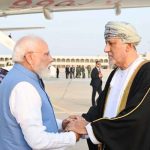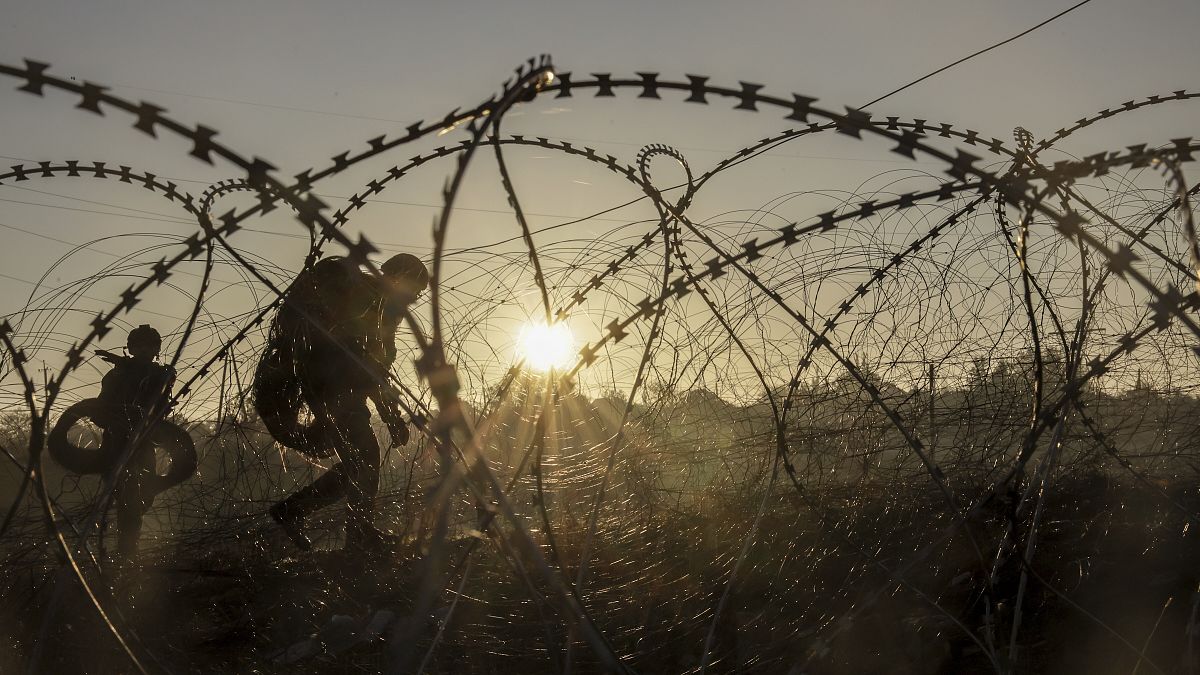The Pentagon has announced an additional $425 million in military assistance to Ukraine, including weapons such as air defense interceptors and munitions for rocket systems. This aid comes as Ukrainian cities face continued missile strikes from Russia, including a recent attack in Kharkiv that killed three people. The total amount of military assistance provided by the US to Ukraine since Russia invaded in February 2022 now totals $60.4 billion.
In addition to the ongoing conflict with Russia, Ukraine now faces the arrival of more than 10,000 North Korean troops who have been deployed to Russia and are preparing to join the fight against Ukrainian forces. Slovakian Prime Minister Robert Fico has criticized Western military support for Ukraine, arguing that providing weapons only prolongs the fighting. Fico suspended all military aid deliveries to Ukraine shortly after taking office in October last year but continues to support humanitarian aid efforts.
Estonia’s Prime Minister Kristen Michal has urged European countries to follow the “Baltic example” by providing Ukraine with the means to win the war. He argues that supporting Ukraine militarily is the only way to ensure freedom and prevent border changes by force. In 2024, Estonia pledged more than €100 million in military aid for Ukraine, with Latvia promising €112 million. The Latvian capital, Riga, stands as an example of the Baltic countries’ commitment to supporting Ukraine in its fight against Russian aggression.
The ongoing conflict in Ukraine has seen an escalation in Russian attacks, including the use of powerful glide bombs that have targeted Ukrainian positions and cities far from the front line. The aid package provided by the US aims to equip Ukraine with the necessary weapons to defend itself against Russian forces. The situation in Ukraine remains volatile as the country prepares to face both Russian forces and the arrival of North Korean troops.
The conflict in Ukraine highlights the complex geopolitical dynamics at play, with different countries taking varying approaches to support or oppose Ukraine in its struggle against Russian aggression. Slovakia’s Prime Minister Fico’s criticism of Western military support contrasts with Estonia’s strong stance in providing military aid to Ukraine. The involvement of North Korean troops adds another layer of complexity to the conflict and raises concerns about the potential humanitarian impact on the civilian population in Ukraine.
As Ukraine continues to face military threats from Russia and the arrival of foreign troops, the international community must carefully consider its approach to supporting Ukraine and promoting a peaceful resolution to the conflict. The aid provided by the US and European countries plays a crucial role in equipping Ukraine with the necessary resources to defend itself, but it is essential to also prioritize diplomatic efforts to de-escalate tensions and seek a lasting solution to the conflict. The situation in Ukraine remains fluid, and the actions of key actors in the region will have far-reaching implications for the future security and stability of Europe.











